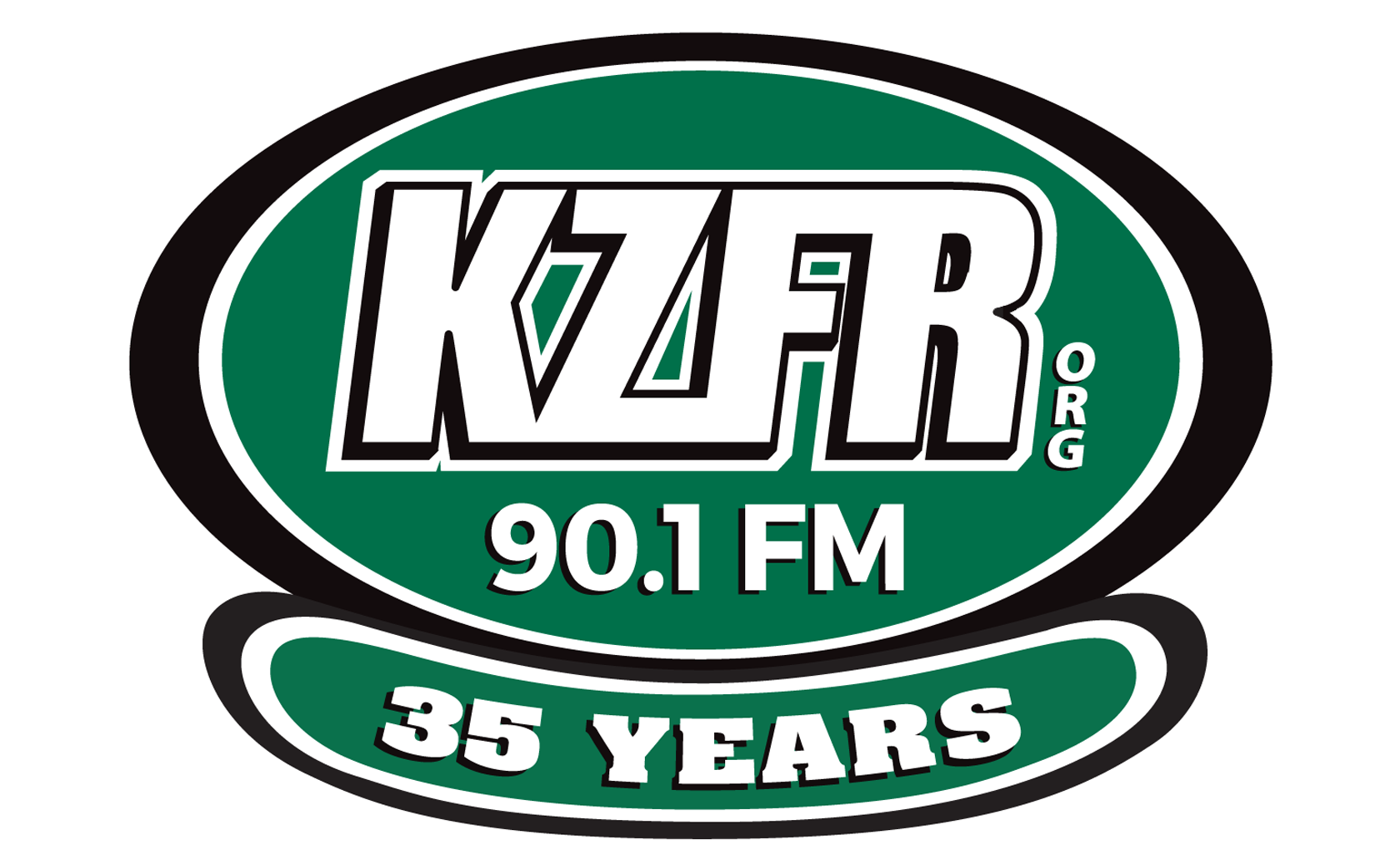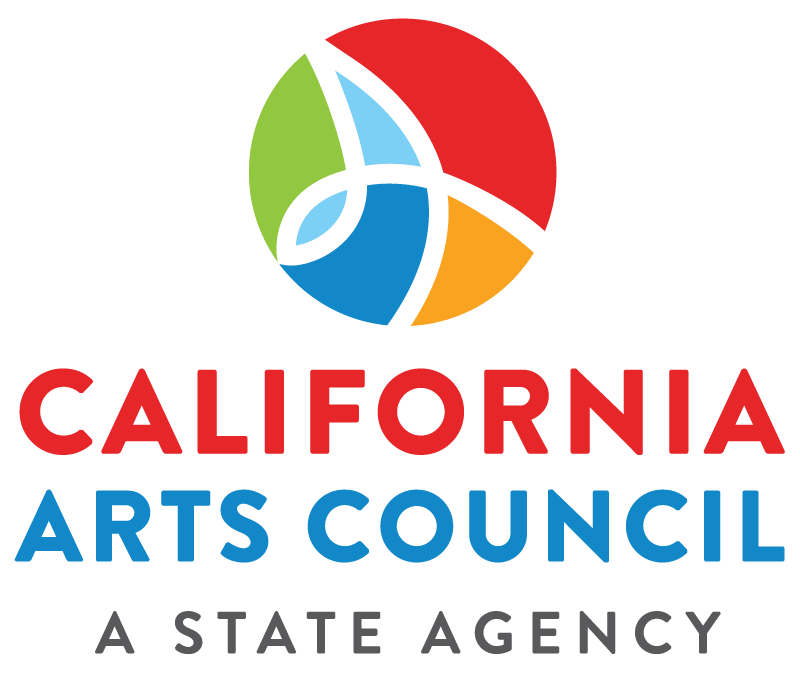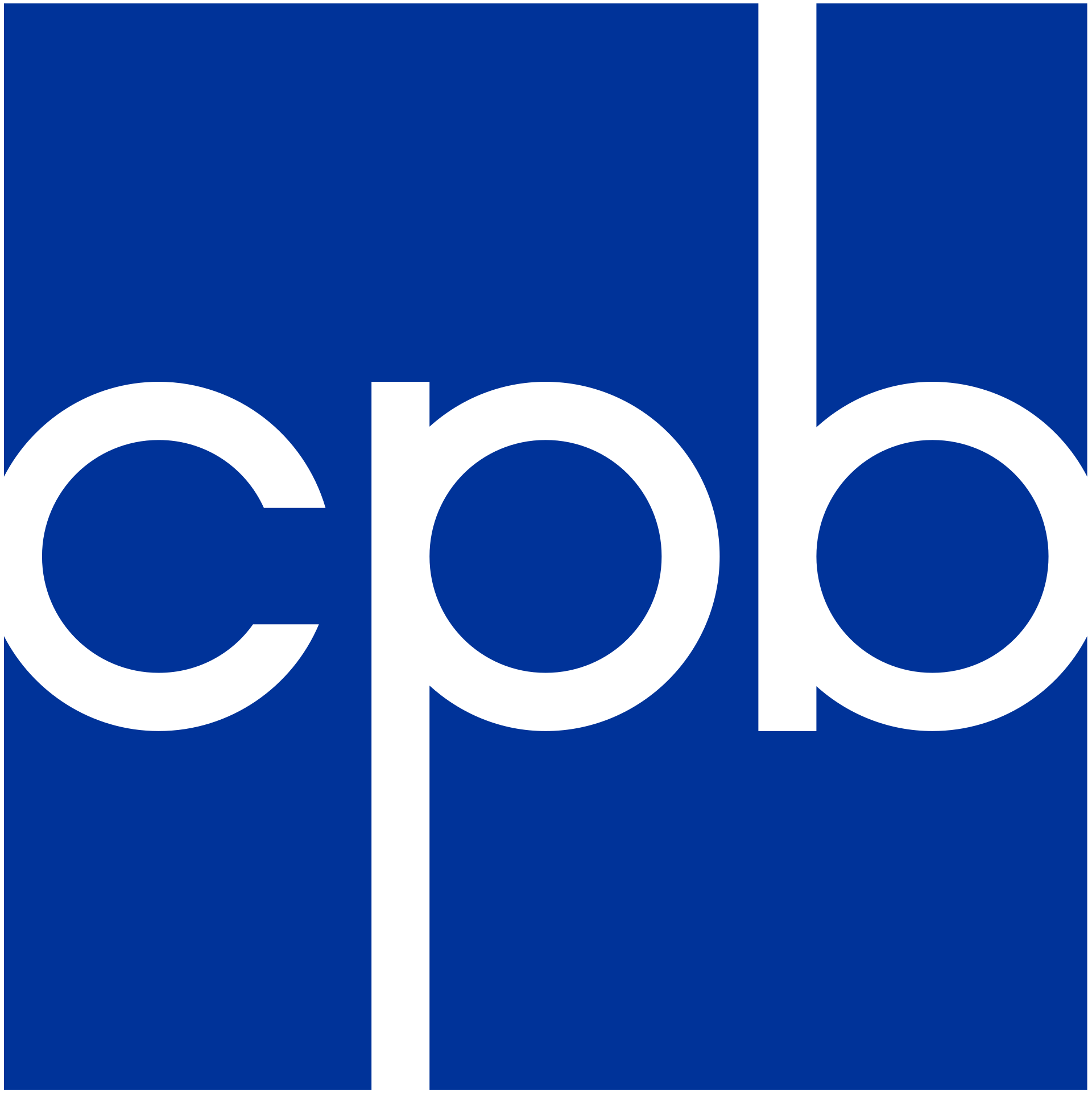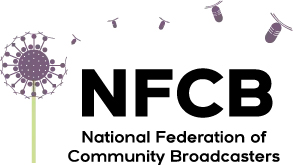Two major civil rights issues were addressed by the Supreme Court in June, and we're reminded of Pete Seeger's contribution to civil rights 50 years ago this June.
In 1944 Swedish sociologist Gunnar Myrdahl published “An American Dilemma: The Negro Problem and Modern Democracy.” His study was an optimistic and prophetic analysis of America’s racial challenges. One of his more surprising observations was that the greatest obstacle in the way of progressive reform was the ignorance, indifference and apathy of northern whites toward the problems of racism.
Pete Seeger took Myrdahl’s revelation to heart, and in June 1963 he took up his weapons of choice and charged into a full frontal assault on northern indifference and apathy. The venue was Carnegie Hall in New York City.
1963 became a pivotal year in the civil rights movement in part because of the greater involvement of non-southern citizens in direct actions throughout the south. Seeger’s concert at Carnegie Hall on June 8th was organized to inspire and mobilize northern activists and donors to directly confront the ills of segregationist policies and the unconstitutional "traditions" of the south. The proceeds from ticket sales and donations went to voter registration drives in southern black communities, and to support the Freedom Riders efforts at integration.
Seeger’s set list that night was laced with pointed topical songs like Malvina Reynold’s “Little Boxes,” Tom Paxton’s "What Did You Learn in School Today?," and Dylan's "A Hard Rain's a-Gonna Fall.” He covered spirituals and movement songs "Keep Your Eyes on the Prize" and "If You Miss Me at the Back of the Bus," and concluded with impassioned performances of “Guantanamera” and "We Shall Overcome."
The introduction of “We Shall Overcome” into the civil rights movement has been well documented; its prior history, not so much.
A 1909 United Mine Workers Journal states that, "Last year at a strike, we opened every meeting with a prayer, and singing that good old song 'We Will Overcome.’” The substitution of the singular "I" with the first person plural pronoun "We" marks a transition from a spiritual to a secular context. Gospel songs are about the individual; movement songs about the group. It may also be significant that the United Mine Workers in 1909 were an integrated union work force. But without knowing the lyrics and music it’s impossible to know if this quote refers to the song that became “We Shall Overcome.”
Pete Seeger originally thought that “We Shall Overcome” was inspired by a gospel song called “I'll Overcome Someday” which was copyrighted in 1901 by Rev. Charles Tindley. It shares similarity in title and lyrics but it’s in a different time signature and pentatonic scale, and uses a different rhyme scheme. Seeger learned the song from Zilphia Horton but he made some changes in the lyrics and added some verses before publishing it in 1947 as "We Will Overcome" in his People's Songs Bulletin. After its publication it began to show up on some pretty obscure recordings: Joe Glazer (“Labor’s Troubadour”), Laura Duncan and the Jewish Young Singers, and country singer “Texas” Bill Strength each released versions.
More recent research suggests that a more likely musical source was a gospel hymn entitled “If My Jesus Wills” which was composed during the early 1930s, published in 1942 and copyrighted in 1954 by an African American Baptist choir director named Louise Sharpshire who was a close friend of songwriter Rev. Thomas Dorsey, and civil rights activists Dr. Martin Luther King and Rev. Fred Shuttlesworth. Because of the lyrical and structural similarities Seeger now thinks that Horton probably taught him a secular version (that included her own verse changes as well) of Sharpshire’s song.
Zilphia Horton learned the song in 1945 during a five-month strike by members of the Food and Tobacco Workers Union who were mostly female and African American. They sang the song at the end of each day of picketing. Horton was a union organizer and the musical director of The Highlander Folk School, a social justice leadership training center located in Tennessee. Once Horton took the song back to Highlander it was destined to be more than just a song.
Highlander was
founded in 1932 to provide training for the labor
movement throughout the south, and it came to play a critical role in the civil
rights movement; members of
the Student Nonviolent Coordinating Committee (SNCC), Martin Luther King, Jr., Rosa Parks, Ralph Abernathy
and John Lewis all trained there. Dr. King heard Seeger perform the song at Highlander in
1957. Backlash against the school's involvement with civil rights led to multiple
police raids and the school's closure by the state of Tennessee in 1961. It reorganized and
reopened later becoming the Highlander Research and Education Center.
California musician Guy Carawan learned “We Will Overcome” from his friend Frank Hamilton, a future member of The Weavers. Hamilton had learned of it from Seeger’s publication. In the early 1950’s Carawan, Hamilton and Ramblin’ Jack Elliot visited Highlander where they most likely heard Zilphia Horton perform. After Horton’s death Carawan became the musical director at Highlander and the song became a staple of training sessions and meetings. Seeger and activist (and future Governor of Georgia) Julian Bond both point to Carawan as the person most responsible for its eventual widespread use during the civil rights era. Carawan however credits the idealistic enthusiasm of the center’s student activists (especially during the days of police raids and final shut-down) for developing the lyrics and rhythm that we all know today as “We Shall Overcome.”
"We Shall Overcome" was already a widespread anthem of the civil rights movement by the time Seeger wrapped up his Carnegie performance with it. Two months later Joan Baez led the crowd of 300,000 in singing it at the Lincoln Memorial during the “March on Washington” and soon after Dr. King began to incorporate the title and some verses into his oratory. But “a song is not a speech” wrote Seeger in 1965, “it is a work of art. It reflects new meanings as life shines new lights upon it. Thus this song undoubtedly has many meanings to many people….I’ve sung the song in twenty-five countries, before people of many races and religions, and I confess that for me the most important word is ‘We’…”
Movements require “we” so it’s no surprise that the United Farm Workers (UFW) soon adopted it for their unionizing efforts in California, or that eventually the song and its message of unrelenting hope found its way across the globe inspiring labor, social and political movements of all kinds. Marches and protests in the streets of Czechoslovakia, Northern Ireland, South Africa, Poland, and Bangladesh all have been propelled along by their own translations and adaptations ("....not be moved," "....persevere," "....take you down," etc.) with just one universal constant: “We.”
Sources:
“The Incompleat Folksinger” by Pete Seeger.
“We Shall Overcome: Sacred Song on the Devil’s Tongue” by Isaias Gamboa
“We Shall Overcome! Songs of the Southern Freedom Movement” edited by Julius Lester.










